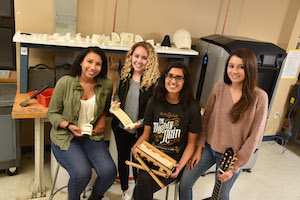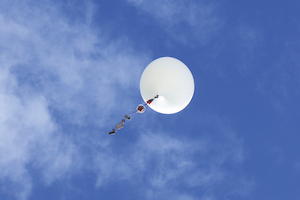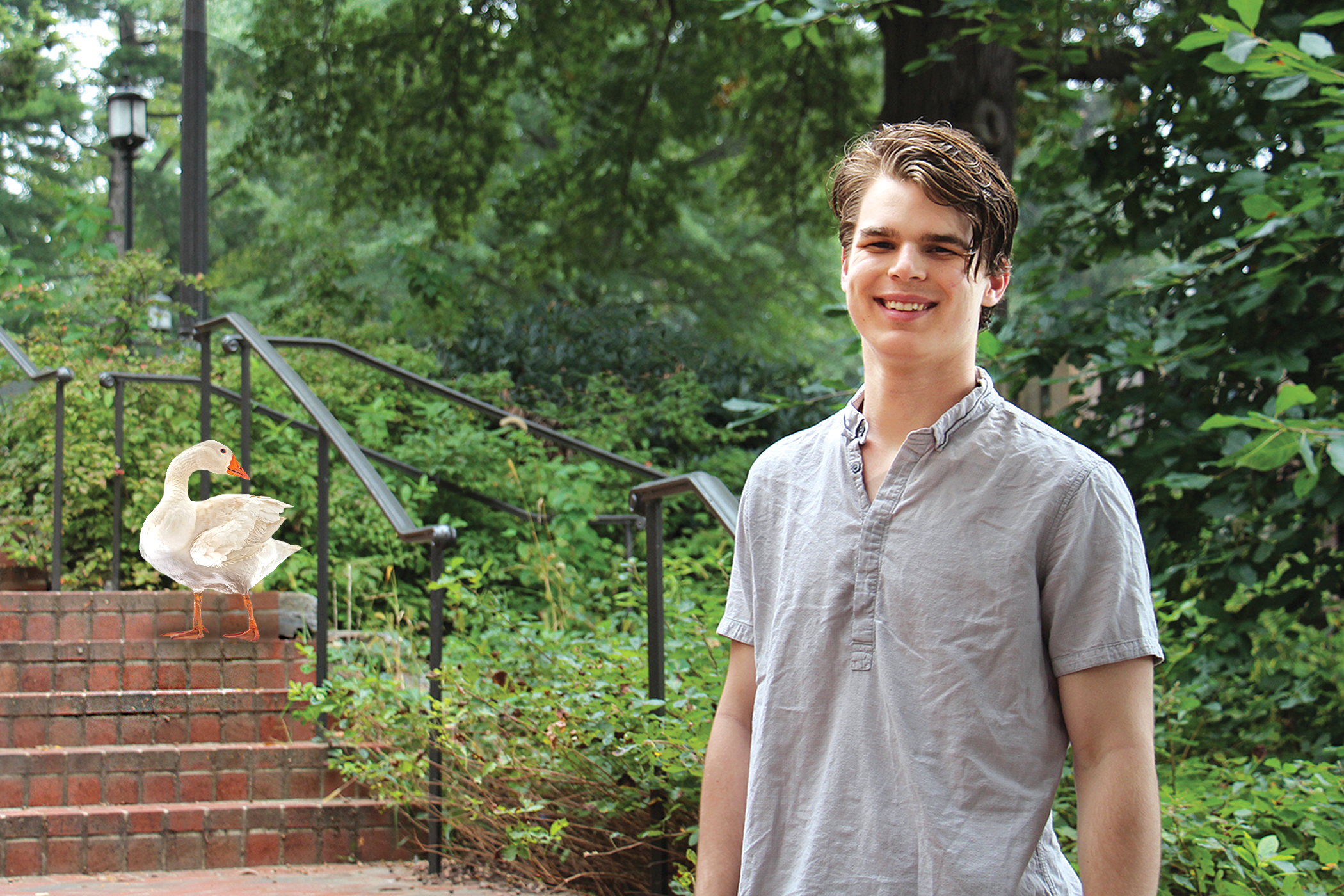
A Solution to Vision Loss in Canines
A team of Johns Hopkins biomedical engineering students and alumni developed a device to make it easier for surgeons to perform partial corneal transplants on dogs.

A team of Johns Hopkins biomedical engineering students and alumni developed a device to make it easier for surgeons to perform partial corneal transplants on dogs.

Puyang Wang, a doctoral degree candidate in electrical and computer engineering, developed an algorithm that speeds up MRI data acquisition, resulting in clearer images in less time.

Second-year student Amber Hamelin had a plan for the poker tournament hosted in January by Avi Rubin, a computer science professor and technical director of the JHU Information Security Institute.

In an age when many stories in the reported news exaggerate claims and use bold language that doesn’t match actual data, a course offered last January over Intersession couldn’t have been timelier.

Brian Linton applied his engineering knowledge and experience as a pitcher to help other athletes improve their performances.

Johns Hopkins engineering students are working with Volunteers for Medical Engineering, a Baltimore-based group that uses volunteer engineers to create individually designed devices for disabled people in need.

A team of Johns Hopkins students launched cameras and other devices more than 16 miles into the Earth’s atmosphere to collect data, then tracked and recovered the payload nearly 50 miles away.

When neurosurgeons cut into the brain, they must be very, very precise: A single slip could mean disaster.

If you see a robot patrolling the Johns Hopkins University Applied Physics Laboratory campus, looking for wild geese and scaring them off, you’ll know that Bijan Varjavand has succeeded.